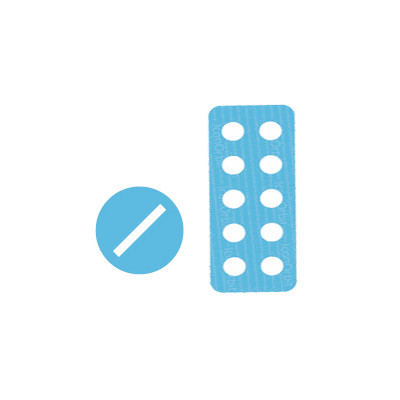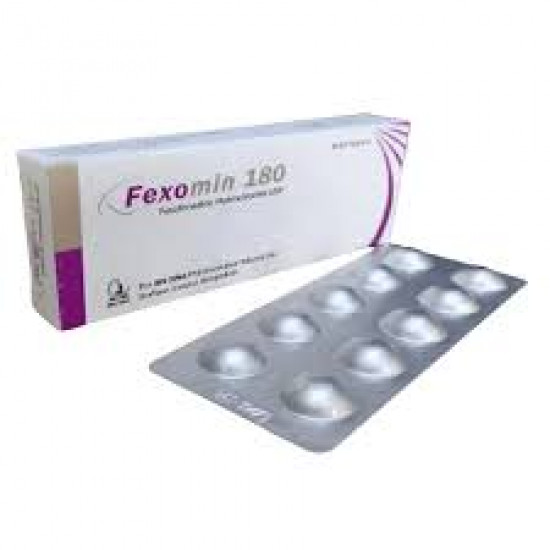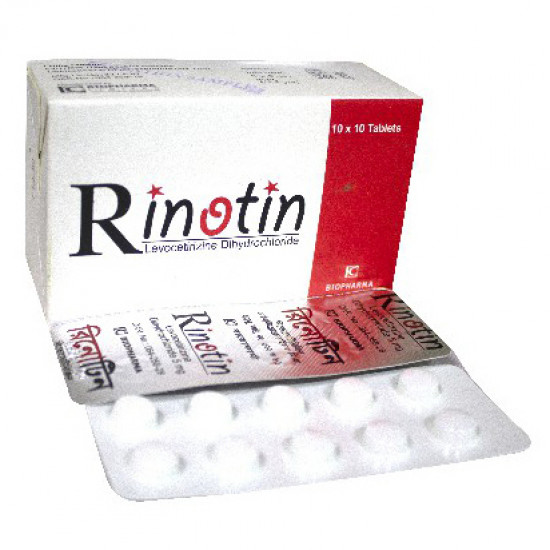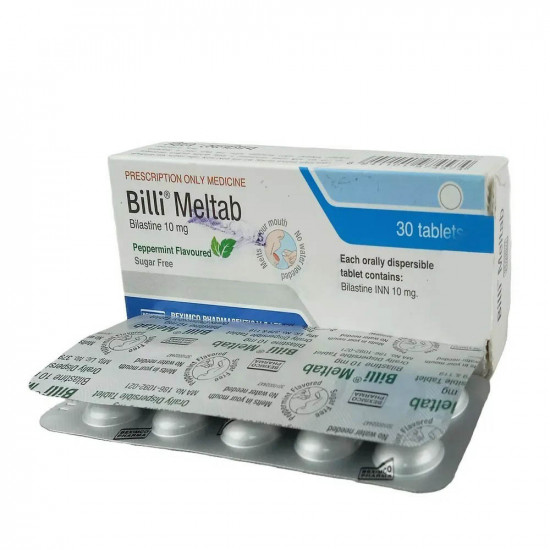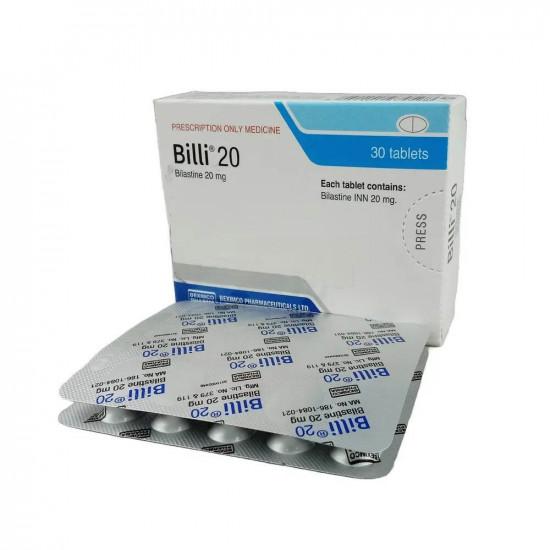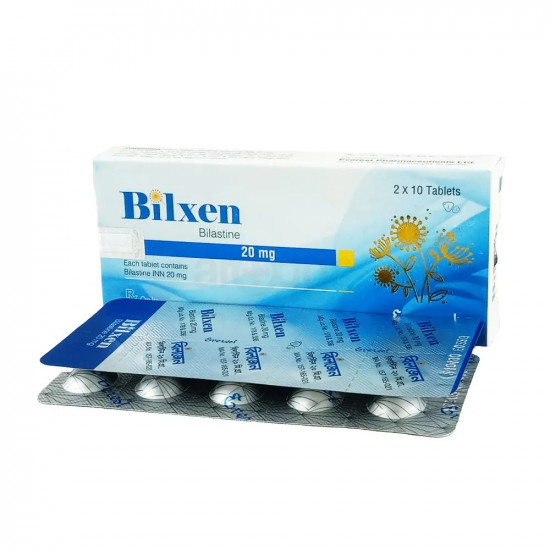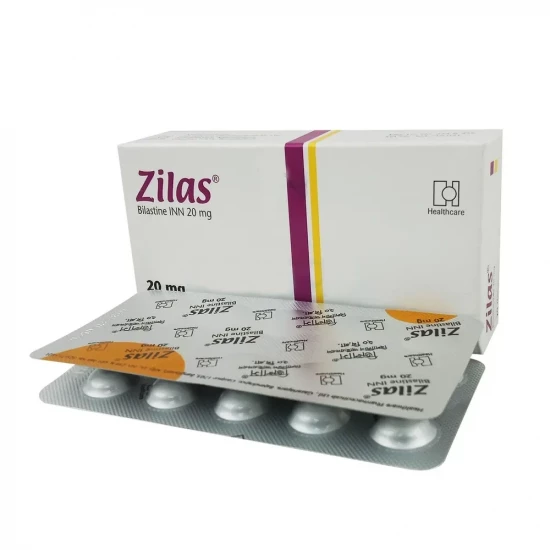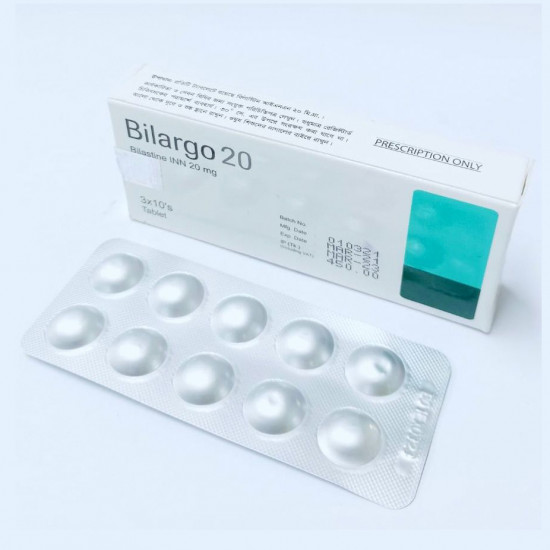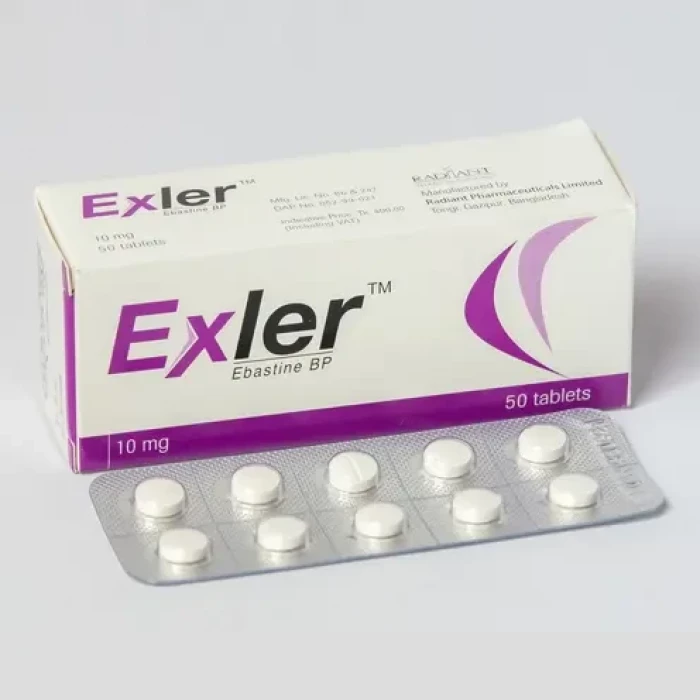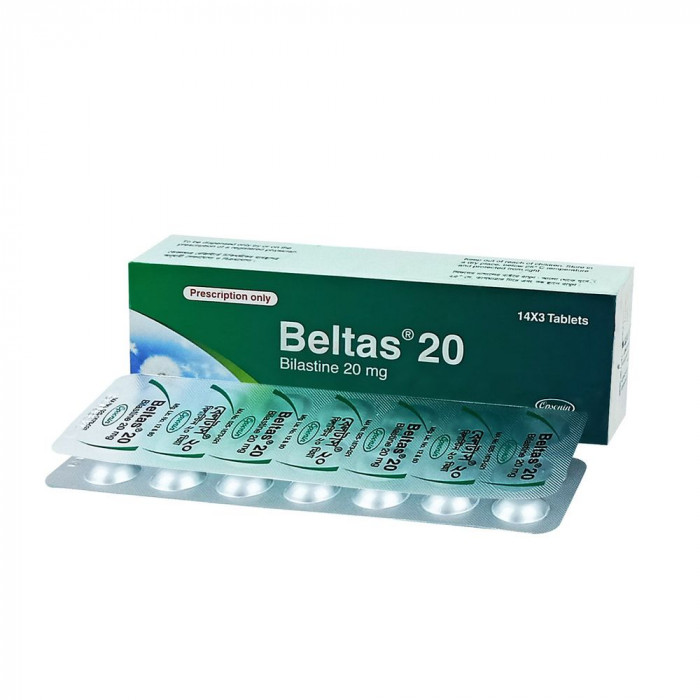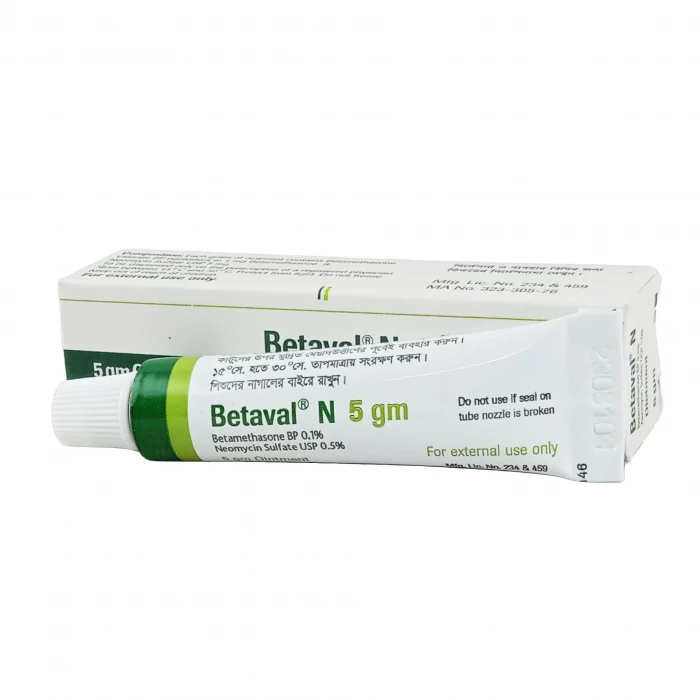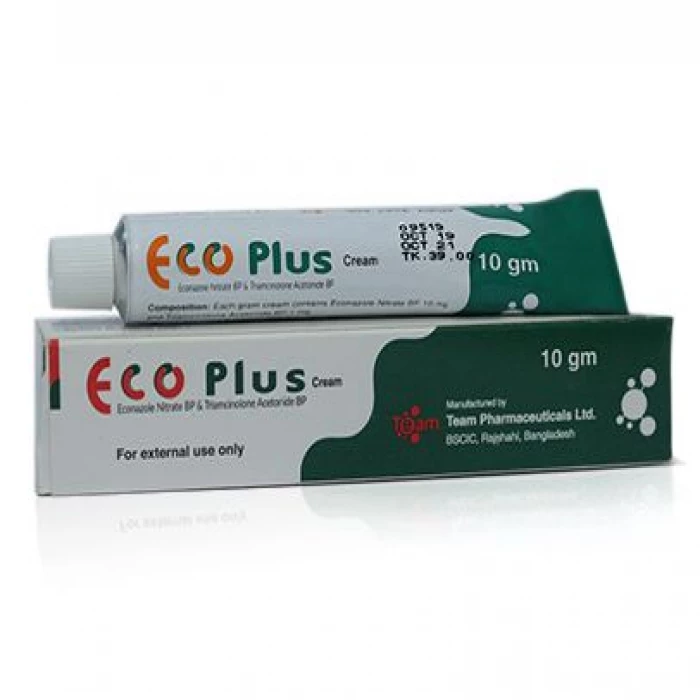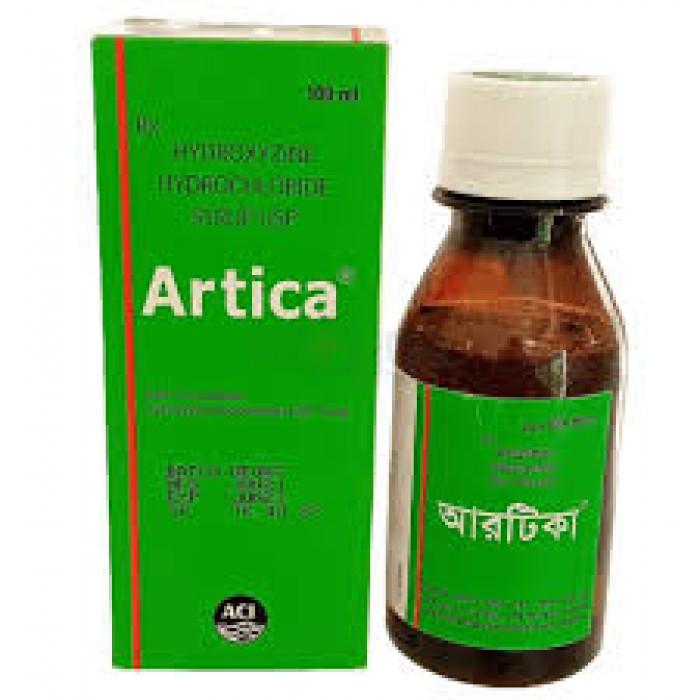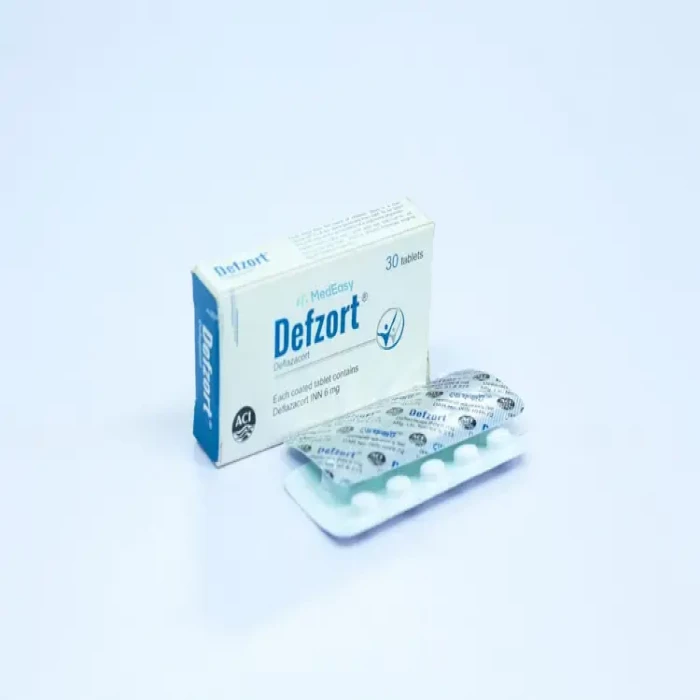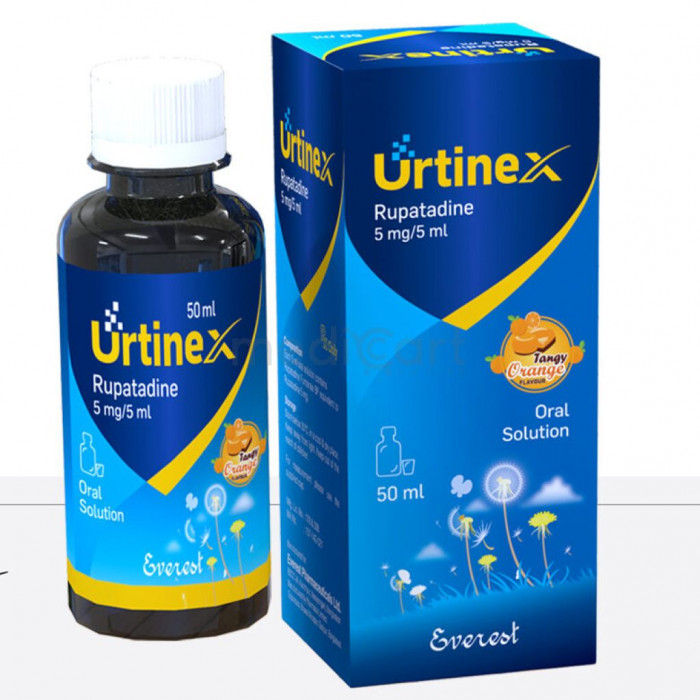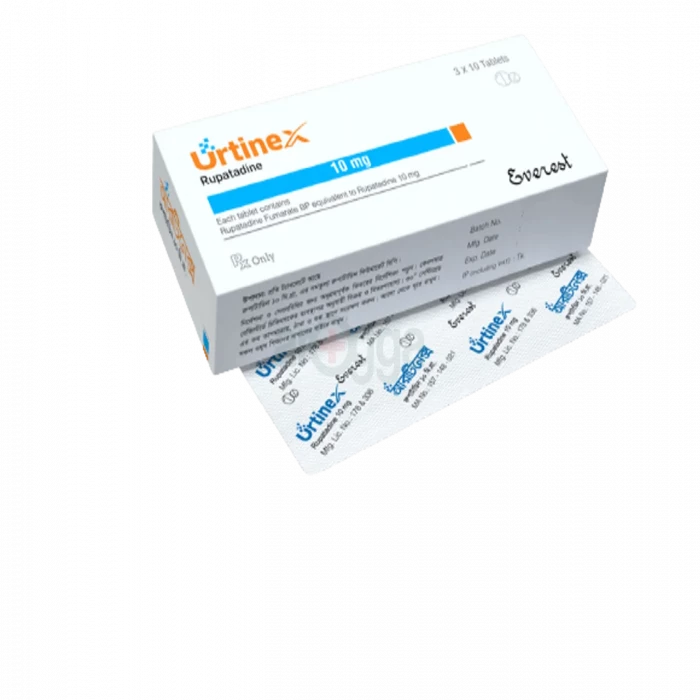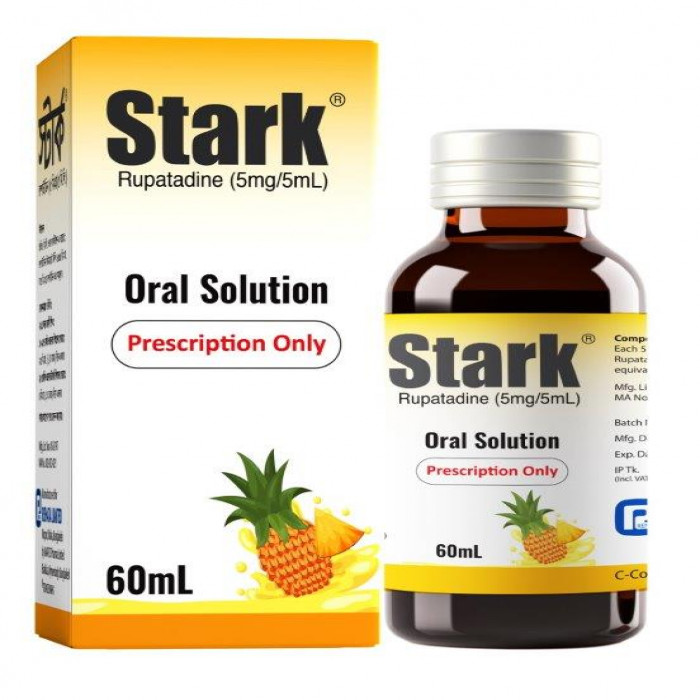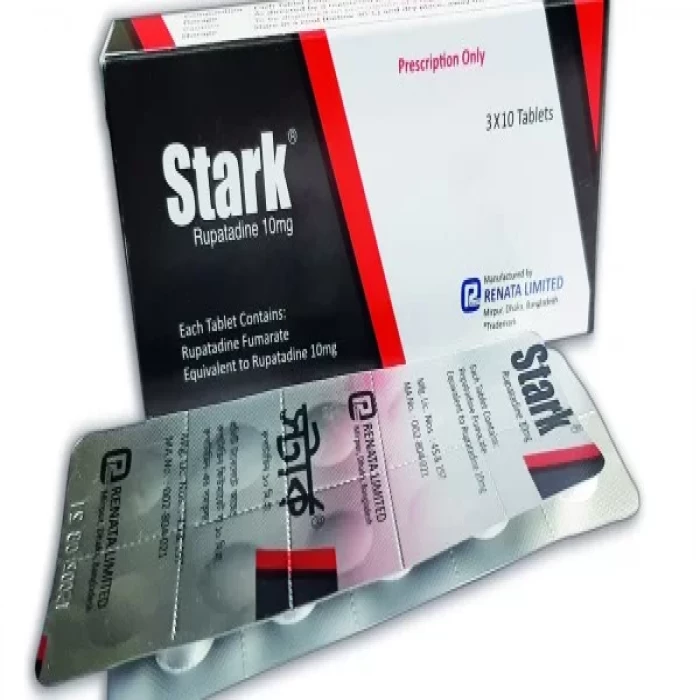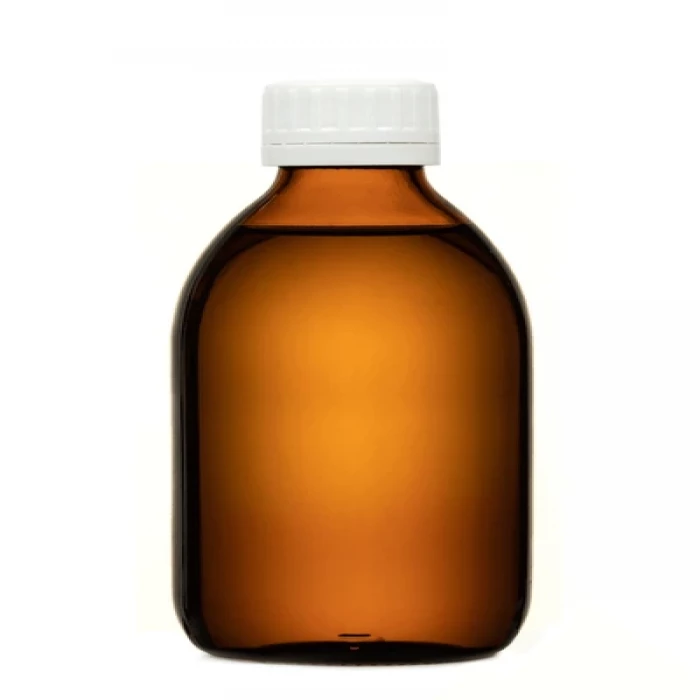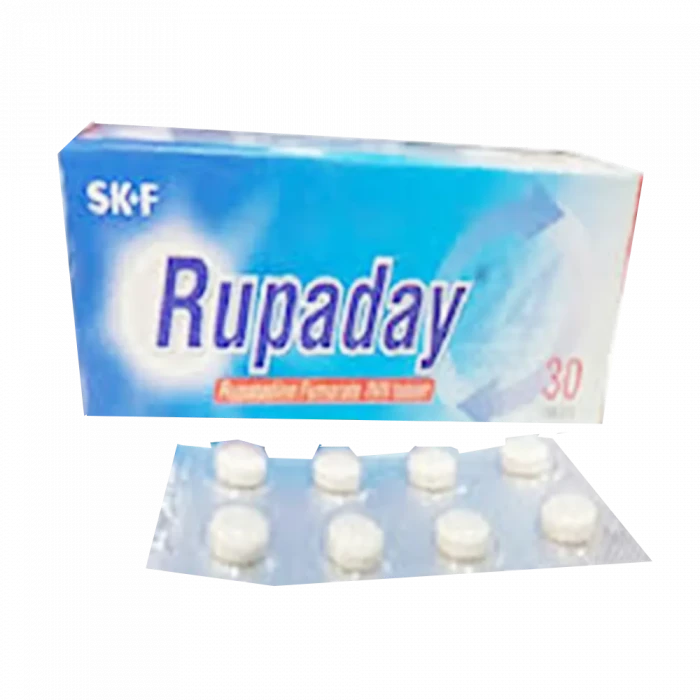
✔ 100% Authentic Product
👁️ Currently Viewing 1256
Generics: Rupatadine Fumarate 10mg
Pharmaceuticals Name: SK+F
Discount
Price: ৳ 94
MRP:
৳
100
6%
Off

100% Genuine Products, Guaranteed

Safe & Secure Payments, Always

Fast, Secure & Efficient Delivery

Proper Packaging
 Cash on Delivery - All over Bangladesh
Cash on Delivery - All over Bangladesh Regular Delivery - 12-24 Hours, Dhaka City* Charge Tk.39-59
Regular Delivery - 12-24 Hours, Dhaka City* Charge Tk.39-59 Regular Delivery - 24-48 Hours, Other Cities* Charge Tk.99-110
Regular Delivery - 24-48 Hours, Other Cities* Charge Tk.99-110
 ফ্রি ডেলিভারিঃ - ৯৯৯ টাকা+ অর্ডারে, ঢাকা
শহরে
ফ্রি ডেলিভারিঃ - ৯৯৯ টাকা+ অর্ডারে, ঢাকা
শহরে ফ্রি ডেলিভারিঃ - ২৯৯৯ টাকা+ অর্ডারে, ঢাকার
বাহিরে
ফ্রি ডেলিভারিঃ - ২৯৯৯ টাকা+ অর্ডারে, ঢাকার
বাহিরে
100% Genuine Products, Guaranteed
Safe & Secure Payments, Always
Fast, Secure & Efficient Delivery
Proper Packaging
 Cash on Delivery - All over Bangladesh
Cash on Delivery - All over Bangladesh Regular Delivery - 12-24 Hours, Dhaka City* Charge Tk.39-59
Regular Delivery - 12-24 Hours, Dhaka City* Charge Tk.39-59 Regular Delivery - 24-48 Hours, Other Cities* Charge Tk.99-110
Regular Delivery - 24-48 Hours, Other Cities* Charge Tk.99-110 ফ্রি ডেলিভারিঃ - ৯৯৯ টাকা+ অর্ডারে, ঢাকা
শহরে
ফ্রি ডেলিভারিঃ - ৯৯৯ টাকা+ অর্ডারে, ঢাকা
শহরে ফ্রি ডেলিভারিঃ - ২৯৯৯ টাকা+ অর্ডারে, ঢাকার
বাহিরে
ফ্রি ডেলিভারিঃ - ২৯৯৯ টাকা+ অর্ডারে, ঢাকার
বাহিরে
✅ Description:
Indications of Rupa 10mg
Rupaday belongs to a group of medicines called antihistamines. It is recommended to use Rupatadine 10 to treat the symptoms of urticaria and seasonal and perennial allergic rhinitis. Rupa is a member of the class of drugs known as antihistamines. Various allergy disorders are treated with it. It eases signs like rashes, swelling, and itching.
Pharmacology
A long-acting, non-sedative antagonist of histamine H1 receptors is rupatadine. Furthermore, it combats the platelet-activating factor (PAF). Histamine and PAF both have the ability to constrict the airways, which increases vascular permeability and serves as a mediator of the inflammatory process. Rupatadine also inhibits the release of cytokines, particularly tumor necrosis factor-alpha (TNFa), in human mastocytes and monocytes. These additional anti-allergic effects include the prevention of mast cell degranulation caused by immunological and non-immunological stimuli. Ltd.
Dosage and Administration
Rupa Tablet: The recommended dosage is 10 mg once daily, with or without food.
Rupa Oral Solution: Children aged 2 to 11 years: Children weighing 25 kg or more: 1 teaspoonful (5 ml) of the oral solution once daily with or without food. For children weighing equal or more than 10 kg to less than 25 kg: 1/2 teaspoonful (2.5 ml) oral solution once daily with or without food.
Interaction
The systemic exposure is raised when rupatadine 20 mg is also taken along with erythromycin or ketoconazole at the same time. Rupatadine should be used cautiously when these medications and other CYP3A4 isozyme inhibitors are combined. Rupatadine should only be used with statins, CNS depressants, or alcohol under medical supervision.
Rupatadine shouldn't be consumed at the same time as grapefruit or grapefruit juice.
Contraindications
Hypersensitivity to Rupatadine or to any of the excipients.
Side Effects
The most common undesirable effects are sleepiness, general weakness & fatigue.
Pregnancy & Lactation
There is no clinical data available on the exposure of Rupatadine during pregnancy. Pregnant women should therefore not use Rupatadine unless the potential benefit outweighs the potential risk for the infant. No information is available, on whether Rupatadine is excreted in the mother's milk. Therefore, it should not be used during lactation, unless the potential benefits for the mother justify the potential risk to the infant.
Precautions & Warnings
In patients with a known QT interval prolongation, uncorrected hypokalemia, or persistent proarrhythmic circumstances such as clinically severe bradycardia or acute myocardial ischemia, Rupa 10 should be used with caution. Rupatadine should be used with caution in the elderly (65 years and older). Due to a lack of clinical data, the use of Rupatadine 10 mg tablets in patients with compromised renal or liver function is currently not recommended.
Storage Conditions
Store in a cool & dry place below 30°C, and protect from light & moisture. Keep out of reach of children.
⚠️Disclaimer:
At ePharma, we’re committed to providing accurate and accessible health information. However, all content is intended for informational purposes only and should not replace medical advice from a qualified physician. Please consult your healthcare provider for personalized guidance. We aim to support, not substitute, the doctor-patient relationship.




